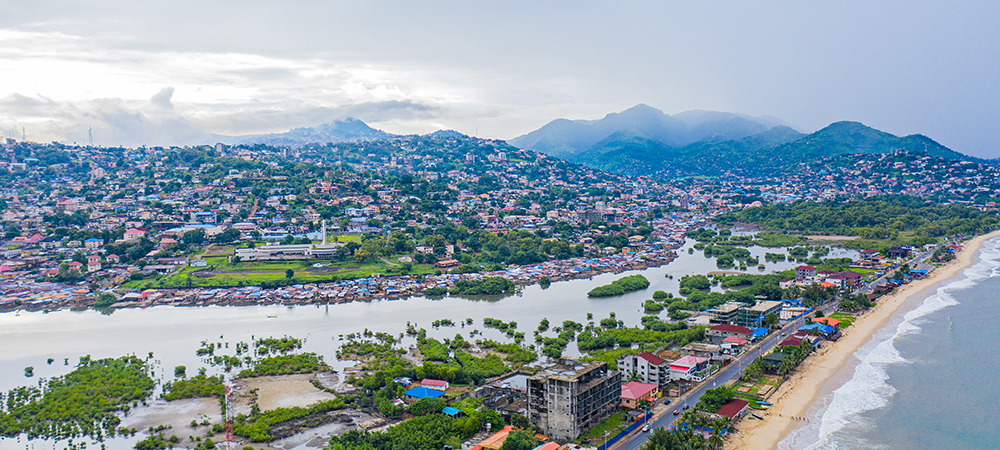SMEs are critical to achieving goals of economic diversification, including expanding of Sierra Leone’s agriculture-based economy into sectors such as tourism and fisheries, according to a new World Bank economic analysis for Sierra Leone.
The 2022 Sierra Leone Economic Update: Leveraging SME Financing and Digitization for Inclusive Growth notes that government’s reform agenda for the sector should focus on measures to urgently develop adequate financial services that address the specific needs and financing requirements of SMEs to achieve economic growth and improved livelihoods.
It offers further insight into the need for critical structural reforms in the financial sector that go beyond the scope of reforms specific to SME and digital finance. The report found that low business skills among entrepreneurs is making it challenging for SMEs to grow into creditworthy or investment-eligible enterprises as providers of both risk capital and bank financing said it remains very difficult to find ‘investible’ companies in the country. This is mainly because entrepreneurs and SMEs in general lack basic business skills to build resilient ventures that can respond to market challenges.
Sierra Leone’s economy grew by 3.1 % in 2021, after shrinking by 2.0 % in 2020 – agriculture contributed over half of total growth, followed by services and industry. Manufacturing was the fastest growing sub-sector, expanding by 12.3 % in 2021 after contracting by 6.7 % in the previous year, benefiting from government’s support to SMEs through the MUNAFA Fund and the Bank of Sierra Leone’s Le500 billion special credit facility, as well as from increased agribusiness investments.
However, public finances have deteriorated since the onset of COVID-19, while inflationary pressures have accelerated since mid-2021 – driven first by the post-pandemic rebound in consumption and, subsequently, by global supply chain disruptions since the Ukraine war and depreciation pressures on the Leone.
“While SME finance has been recognised as a priority for Sierra Leone’s government through demonstrated efforts such as the creation of SMEDA, the SME Policy and the more recent deployment of the MUNAFA fund, the effectiveness of these efforts has been challenged by the lack of targeting and splintering of efforts,” said Kemoh Mansaray, World Bank Senior Country Economist. “There is need for these interventions to be closely reviewed for effectiveness to ensure that the current loan sizes and cap on on-lending pricing are having the intended reach and market impact on SMEs.”




